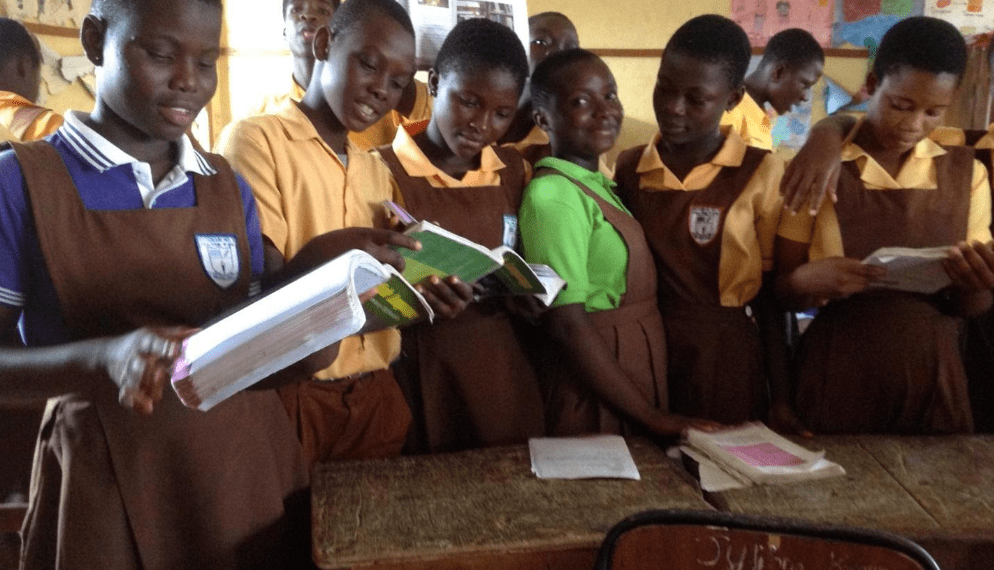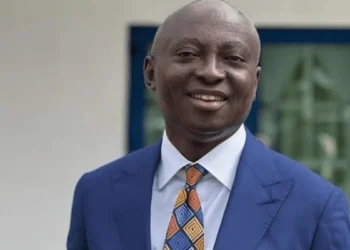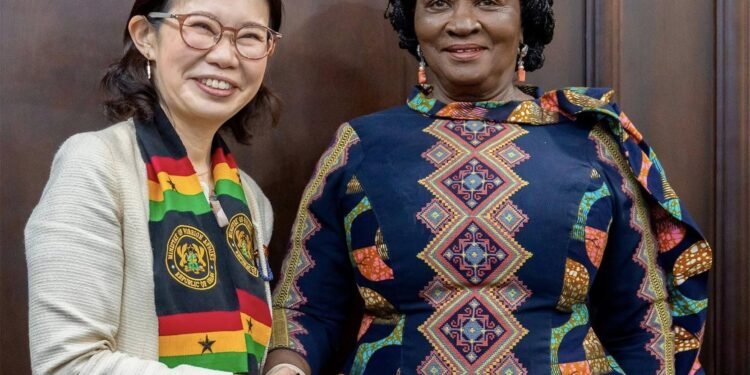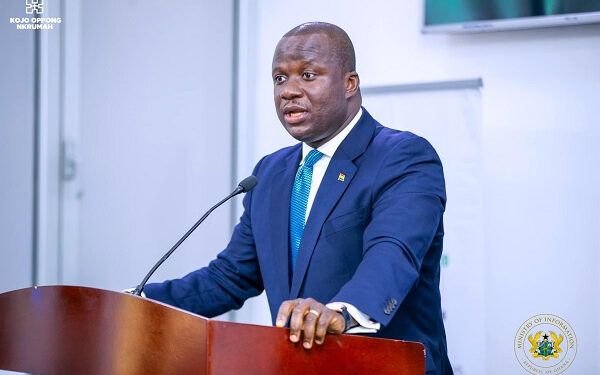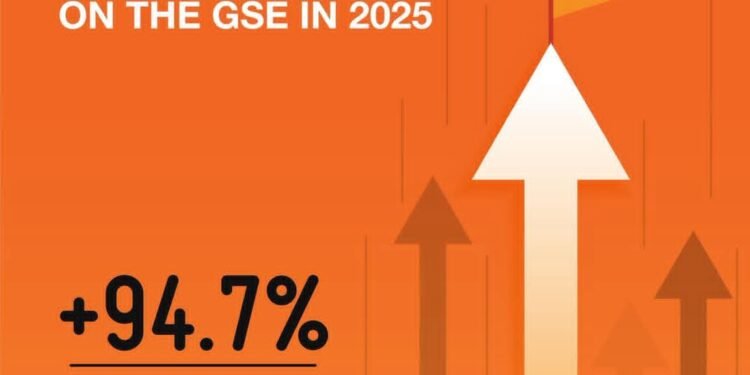The Africa Education Watch has called on the ministry of finance to release the GHC 85 million allocated for textbooks under the approved 2023 GETFund formulae to facilitate the procurement of extra textbooks for 2023.
As part of its recommendation to address the shortfalls in the disbursement of textbooks, Eduwatch highlighted the important role of textbooks in improving learning outcomes.
It revealed that while this is equally acknowledged by state education actors in Ghana, four years into the implementation of the new Standard-Based Curricula in primary schools in Ghana, only 62 percent of required textbooks in the four core subjects were available in primary schools.
“The Ministry of Finance should release the GHC 85 million allocated for textbooks under the approved 2023 GETFund formulae to facilitate the procurement of extra textbooks for 2023 and make provision in the 2024 budget for the deficit of GHC 115 million required for textbooks in basic schools.”
Africa Education Watch
Furthermore, Eduwatch explained that there were disparities in the distribution of textbooks between rural and urban districts, a situation that mirrors the extensive rural-urban divide in basic education provisioning in Ghana.
In addition, it noted that there was evidence to suggest that enrolment data did not inform the distribution of textbooks, as some districts and schools had more than required, while others had fewer.
“Even where textbooks were available, some pupils in the sampled districts lacked exercise books to participate in the learning process; a situation that made teaching challenging. Underlying the deficits is the issue of funding which requires urgent attention from government.”
Africa Education Watch
In addition to textbooks and workbooks, Eduwatch emphasized that exercise books are very crucial for effective teaching and learning in school. With this, it indicated that there are 10 subjects taught at the primary level, each requiring an exercise book.
“However, since government no longer supplies exercise books to basic schools, poverty denies many pupils the requisite access to exercise books, limiting their ability to participate in class work even when textbooks are available. Data from the 40 sampled schools in the La Nkwantanang-Madina and Tatale Sanguli districts indicate that, since 2018, none of the schools received exercise books from the local or central government.”
Africa Education Watch
Citing an instance, Eduwatch expressed that in La Nkwantanang-Madina municipal, about 60 percent of the pupils in all the classes visited in the 20 schools had the full set of required (10) exercise books, with about 35 per cent having seven to eight exercise books, while the remaining 5% had half of the required exercise books.
It underscored that there was an isolated case where three Basic 1 pupils were without a single exercise book at the Isha Bintu Islamic Basic School. In situations where pupils did not have an exercise book per subject, teachers encouraged them to use each half of the exercise book for one subject.
“The experience from the 20 schools in Tatale Sanguli, however, differs from that of the schools in La Nkwantanang-Madina, where only 17 per cent of the pupils across the six classes had all the required (10) number of exercise books. In addition, 57 per cent had half (5) of the required 10 exercise books while 12 per cent had between one and two exercise books.
Africa Education Watch
The remaining 14 per cent did not have a single exercise book.”
Meanwhile, Eduwatch recommended that the ministry of education and the National Council for Curriculum and Assessment fast-track the development and procurement of textbooks for Junior High Schools in the new curriculum.
Also, it stated that the GES must ensure that any future distribution of textbooks prioritizes districts with high deficits to attain a balanced Pupil-Textbook Ratio among the various districts.
“District Education Offices must map out schools within their districts with excess textbooks and retrieve same for redistribution to schools with deficits. The GES should create a platform for District Directors to declare and loan surplus textbooks to other districts with deficits.”
Africa Education Watch
READ ALSO: IFEST Describes 2024 Budget As Uninspiring

